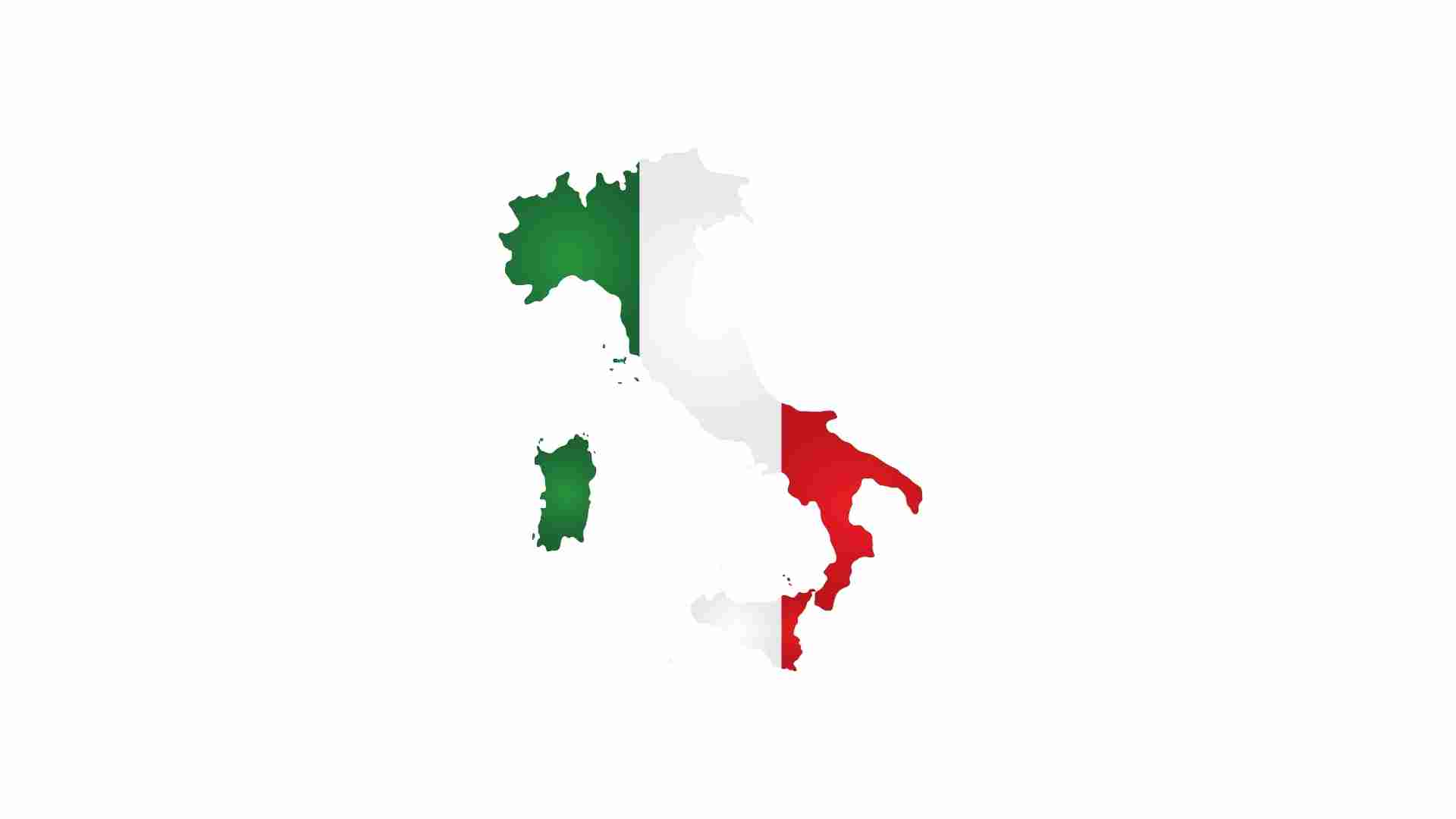The backlog in obtaining Italian citizenship by descent in the U.S. has grown significantly.
This is a phenomenon driven by a surge in applications from descendants of Italian emigrants, which are required in ever-increasing numbers of Italian citizens.
This increase in demand, fueled by individuals seeking to reconnect with their ancestral roots and enjoy the benefits of European citizenship, such as free movement within the EU or who want to move to Italy permanently, has overwhelmed Italian consulates.
The request for Jure Sanguinis citizenship is different from naturalization.
You can read the difference between citizenship by descent and naturalization carefully at this link.
The meticulous process of verifying lineage and ensuring that all legal requirements are met, coupled with limited consulate resources, has contributed to lengthy processing times.
Additionally, the pandemic has exacerbated these delays, leading to a bottleneck effect.
Many applicants find themselves navigating complex documentation requirements, from obtaining vital records to securing official translations and apostilles.
This situation underscores the need for patience and persistence among applicants and highlights the importance of understanding the detailed process involved in claiming Italian citizenship by descent.
For those navigating this journey, seeking expert advice and considering alternative routes, such as legal proceedings in Italy, may offer a path forward amidst the backlog.
For in-depth details on reforms and requirements for descendants of emigrants seeking Italian citizenship, consult Damiani&Damiani’s guide on the subject to the citizenship by descendent, which serves as a valuable resource for understanding the current landscape and navigating the application process successfully.
Legal Pathways to Italian Citizenship: The Court’s Role
Due to backlogs at consulates, many children and grandchildren of Italians who left the country are using Italian courts as a valid way to claim their citizenship by descent.
This judicial approach, while complex, offers an alternative route for those struggling with consular delays.
Applicants can petition Italian courts to officially recognize their right to citizenship, leveraging Italy’s Jure Sanguinis principle.
This legal process involves presenting comprehensive documentation to prove Italian lineage directly to the court, bypassing consular processing bottlenecks.
Though challenging, this pathway has become increasingly popular, highlighting the crucial role of legal avenues in securing Italian citizenship amidst administrative hurdles.
The Future Italian citizenship for ancestor descendants: what applicants need to know
The future of Italian citizenship for ancestor descendants is evolving, influenced by both legal reforms and administrative adjustments.
Applicants must stay informed about changes to requirements and processes.
It’s essential to understand the impacts of potential legal reforms, such as the Italian citizenship reform 2023, which could modify eligibility criteria, documentation requirements, or processing times.
Getting information from reliable sources and talking to lawyers who specialize in Italian citizenship can help you understand and plan your next steps.
It will be important to be flexible and carefully prepare your applications as rules change so that you can become an Italian citizen by descent.
The reform of citizenship from great-grandparents under discussion in Italy
In Italy, people are talking about changing the rule so that great-grandparents can apply for Italian citizenship.
There will be new rules for getting an Italian passport for an American citizen whose ancestors came to the United States from Italy.
This will make the process of getting citizenship more difficult, so it is faster to go to court and become an Italian citizen.
The new requirements under discussion but not yet approved for obtaining Italian citizenship through genealogical reconstruction are:
- The Italian ancestor cannot be further than the 3rd generation;
- Know how to speak the Italian language at B1 level.
- Be resident in Italy for at least one year before applying for citizenship.
Awesome one; I hope this article answers your question.
Editor’s Recommendations:
- OFC Appointment For US Visa (Meaning, Questions, FAQs)
- How To Get A Student Visa In Belgium (FAQs)
- How To Get Student Visa In Scotland (FAQs)
- How to Get a Student Visa For The Netherlands (FAQs)
- How to Get a Student Visa in Mexico (Duration, FAQs)
If you find this article good, please share it with a friend.





